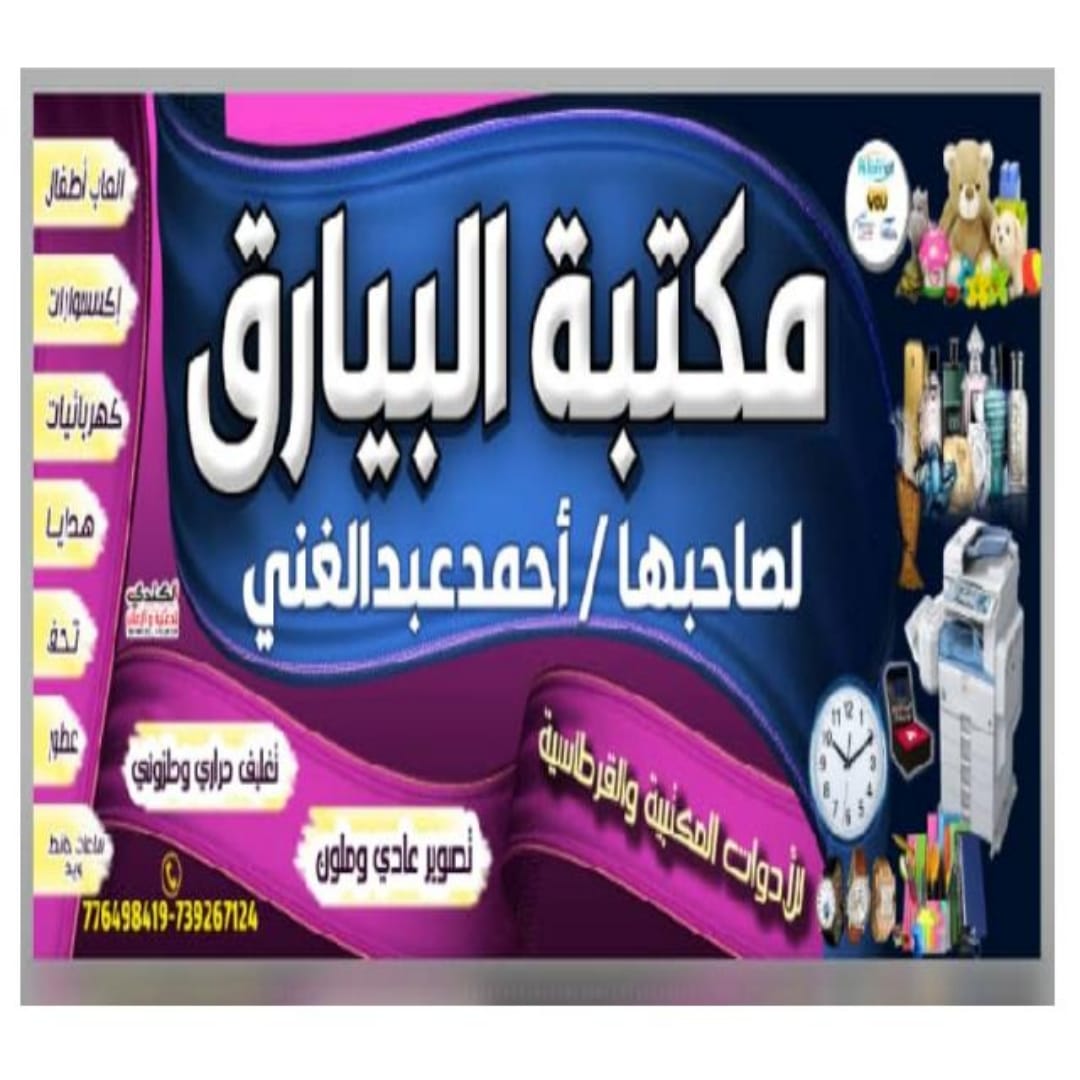On Sunday, June 12, the Human Rights Department of the General Secretariat of the Presidency of the Southern Transitional Council organized an extensive consultative meeting with southern human rights organizations and institutions, under the title of protecting human rights.
In the opening, Mr. Fadl Muhammad Al-Jaadi, Deputy Secretary-General of the Presidency of the Southern Transitional Council, welcomed the participants in the meeting and said that civil society organizations bear the responsibility of conveying the southern voice to official international institutions and international civil and human rights bodies.
Al-Jaadi added: The southerners have been subjected to a lot of injustice, persecution and violations of even their most basic rights and to make their voice heard to the international community.
Al-Jaadi stressed that the southern cause expands to all its sons, regardless of their orientation, saying: We extend our hands to all southerners, even those who differ with us, and invite them to sit with them. The south is for all its people and for all its children.
Al-Jaadi urged the participants in the meeting to do more to defend the rights of southerners and to raise their voice to the international community.
Lawyer Zikra Maatouq gave a speech in which she welcomed the attendees, thanking them for accepting the invitation, and said that their response to the invitation came out of concern for human rights in the south and monitoring the violations suffered by southerners through the partnership between the Human Rights Department in the General Secretariat and southern human rights organizations.
Maatouk stressed the need to intensify efforts to stand up to all the violations and violations that the southern citizen was subjected to and to convey the true and realistic vision of what is happening in the south.
Matouk also stressed that this consultative meeting seeks to achieve many goals, the most important of which is monitoring the reality of human rights in the south and communicating these violations to international human rights organizations and clarifying the facts to them, and aims to expand the circle of human rights activity through partnership and work more broadly with human rights organizations and bodies. , and how to unify efforts and find a common working mechanism between them.
Lawyer Zikra explained that her department made great efforts in monitoring and documenting human rights violations in the south and was able to transmit the files of violations in Arabic and English to representatives of international human rights bodies and civil society organizations abroad.
At the conclusion of her speech, Maatouk affirmed that the meeting will produce positive outcomes that will enhance human rights work as a victory for southern human rights.
For his part, Mr. Mansour Zeid, head of the organizational department, stressed that coordination between the Southern Transitional Council and southern civil society organizations will create a real partnership that will greatly help in the field of human rights.
Zaid pointed out that southern organizations were marginalized, as their performance declined, and the rights of southerners were robbed, stressing the importance of conveying the voice of the people of the south through reports that illustrate the many violations that the people of the south have been subjected to.
The meeting, in which Yousra Al-Bakri, a representative of the Office of the High Commissioner for Human Rights, Radfan Al-Muflihi, a representative of the Ministry of Human Rights, and Dr. Diaa Khaled Mehairz, a representative of the National Committee on allegations of human rights violations and a number of human rights organizations participated, reviewed the report on the work of civil society organizations in the protection of human rights on the one hand, and support for Southern civil society organizations on the human rights side, on the other hand.
They discussed ways to enhance cooperation, develop a joint working mechanism, and create a partnership between the Human Rights Department and southern civil society organizations to activate human rights work in the south.


